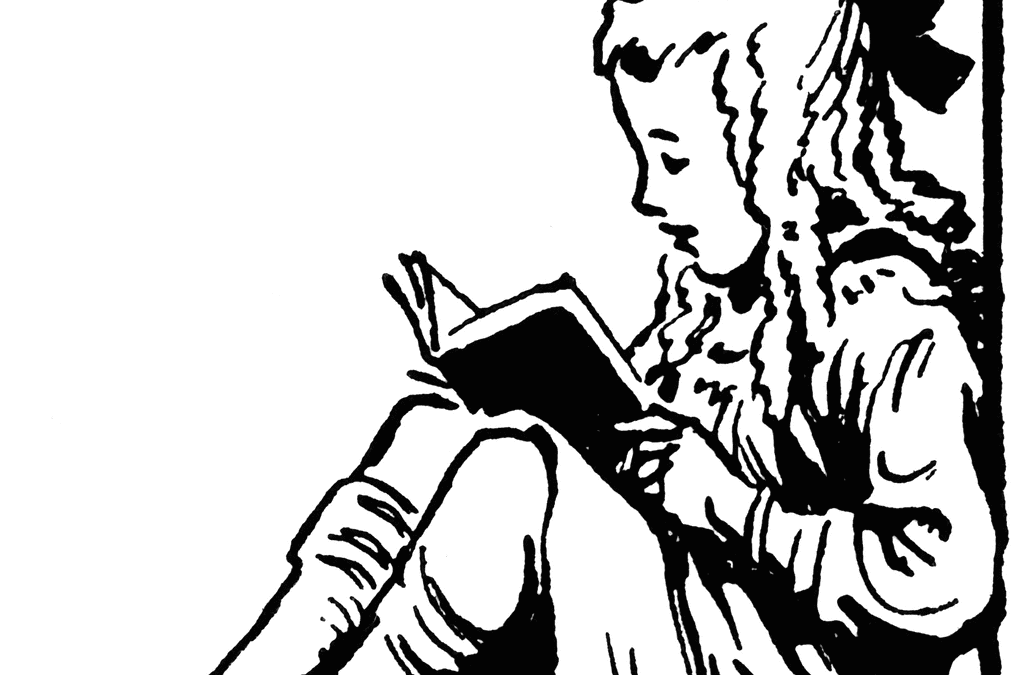The often entertaining, enlightening and enriching world of stories. We love to be part of them. We love to hear and share them. And we learn through them.
Whether in prose, song, poetry, fine art or dance their variety of form helps ensure there is a taste for all of society’s individual preferences and interests.
One aspect of stories relevant to our everyday lives is their role in communicating an idea, theme or insight. In the words of Robert McKee, internationally renowned screenwriter educator and who many people call the Aristotle of our Time, Storytelling is the most powerful way to put ideas into the world.
When crafting a story we make choices as to what to include and what to exclude … and these choices are influenced by the idea we want to share – i.e. we tend to keep what supports the idea and omit that which does not (and I’d suggest that we do not discard for perpetuity the later as it might be of value for the next story that comes along).
The film writer, director and critic Jean Luc Godard hints at this value of story in sharing just what is relevant … Sometimes reality is too complex. Stories give it form.
Being selective in what we include in our story means that the final story can never be the experience it is looking to represent. For example, next time you’re sitting with friends and sharing stories about a recent event note how much more they could have shared but have chosen not to. Typically, the focus was on just the good bits, the morsels … on those bits that best tell the story they want to share. Change these bits and you have a different story.
This need for relevancy is not just important in how we communicate our idea, but also in the very idea on which our story is based. Depending on the type of story people might call this key idea the moral, message, principle, truism, adage or other related term. Regardless of the synonym, the closer the relevance of the idea to us as the audience then the more attractive the story, the more we can relate to what is driving the story, and the more likely we’ll take away some form of message that can influence future behaviour.
This ‘takeaway’ becomes part of our story, and in becoming our story can never be the original story.
Extending this concept to our lives … it’s not so much our experiences that influence our lives as much as what we take away and ‘that’ story we end up telling ourselves. If we do not like this story, then perhaps we’d do well to craft a different story. To be selective as to which elements we want to dial up and which we want to dial down.
The story we tell ourselves can only come from us and the story we want to share can only reflect the choices we make in reflecting on our experiences through this journey we call life. So long as you’re happy to keep sharing this story with yourself then all good.
And as a community and society how can we better help others craft their stories and by so doing build our collective stories, For in the words of Peter Forbes Stories create community and, in doing so, help bring to the fore the words of Andrew Hinton Stories are what make us human.
